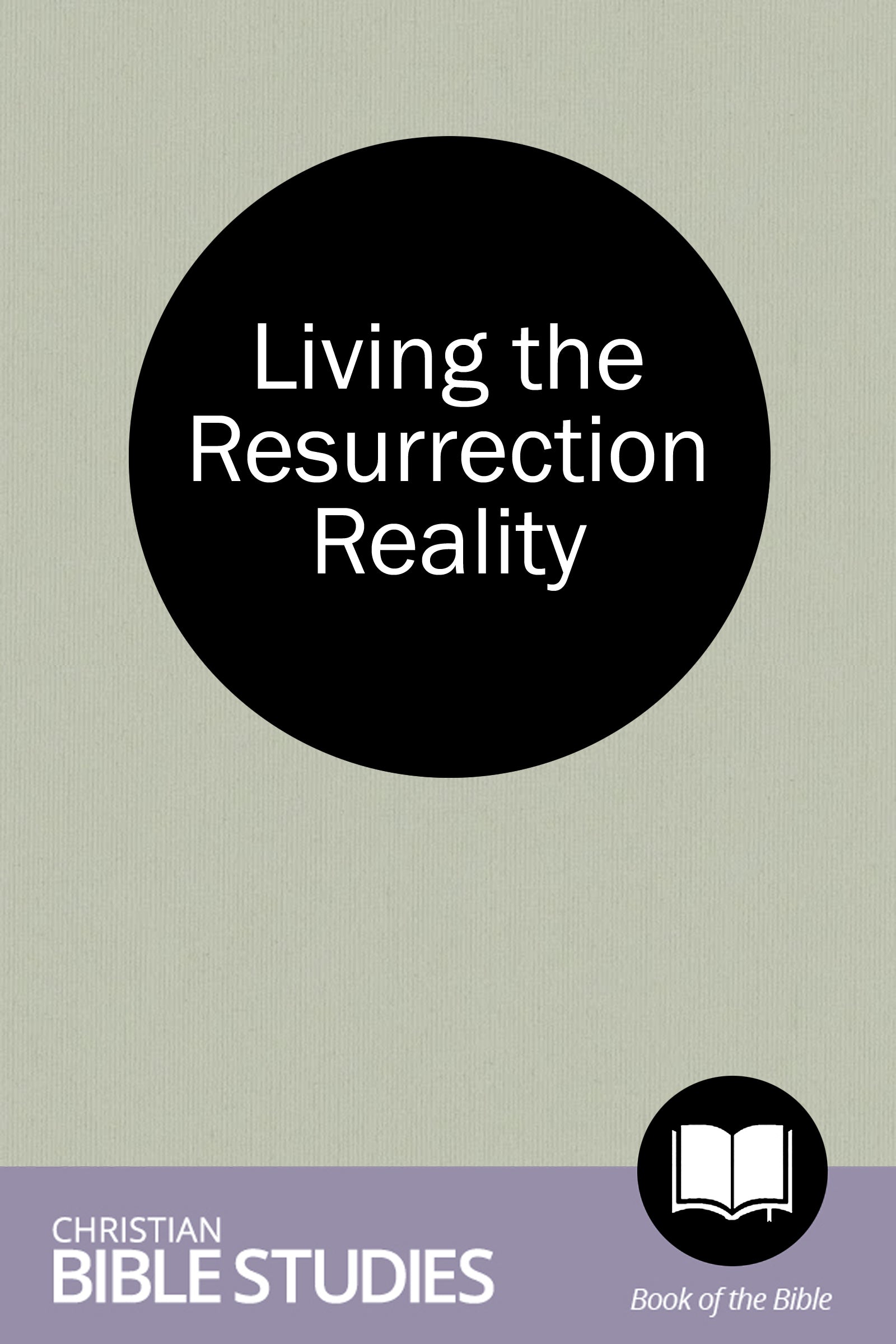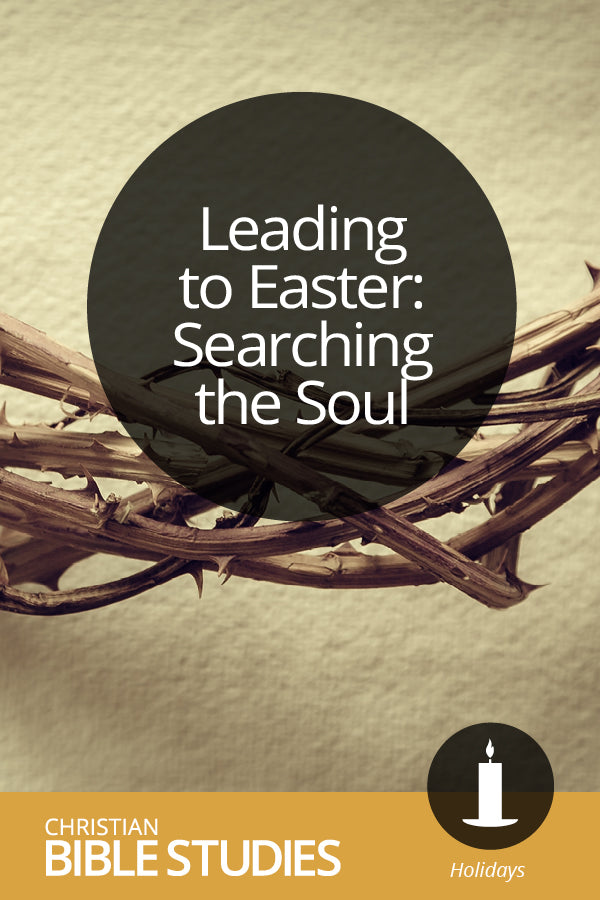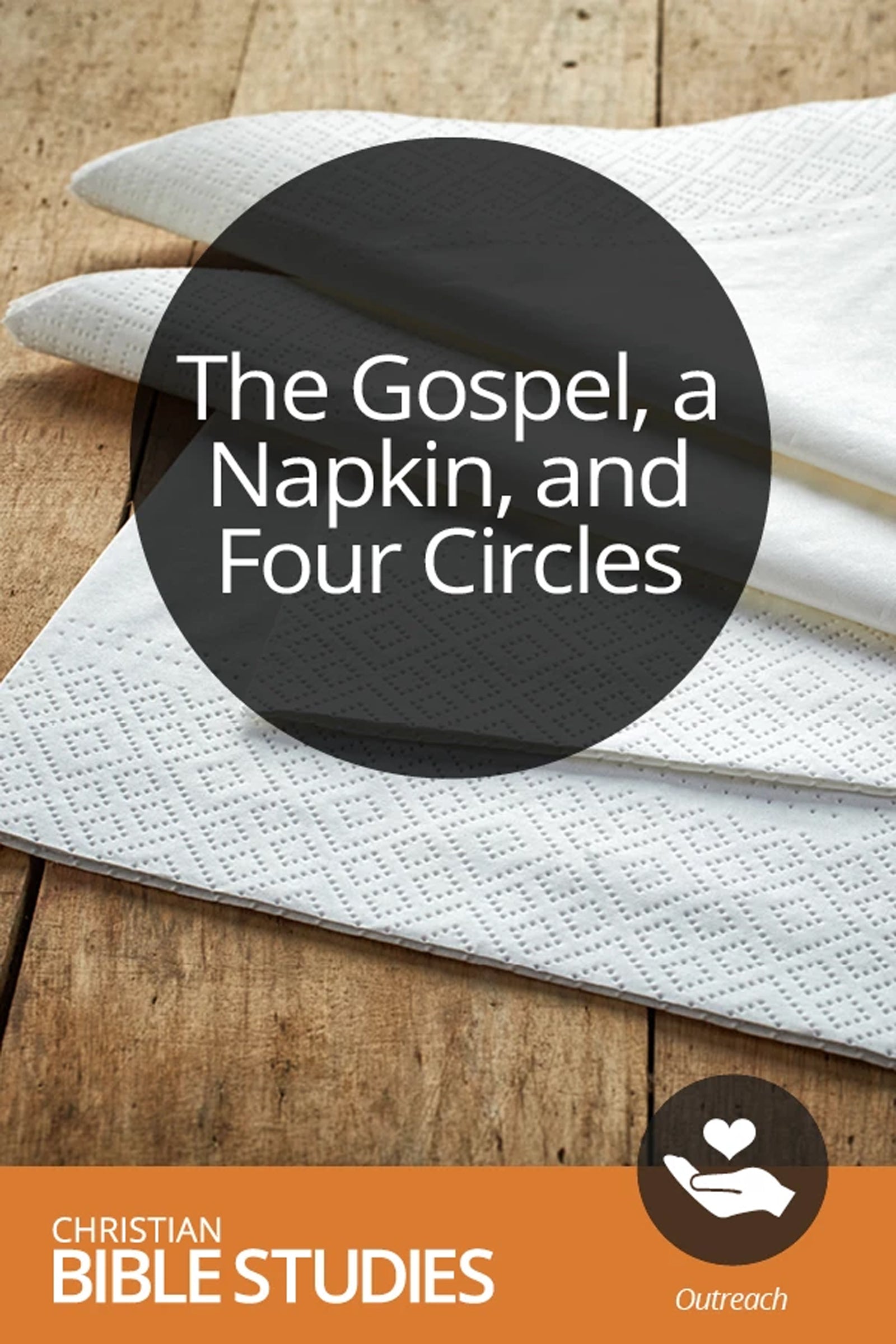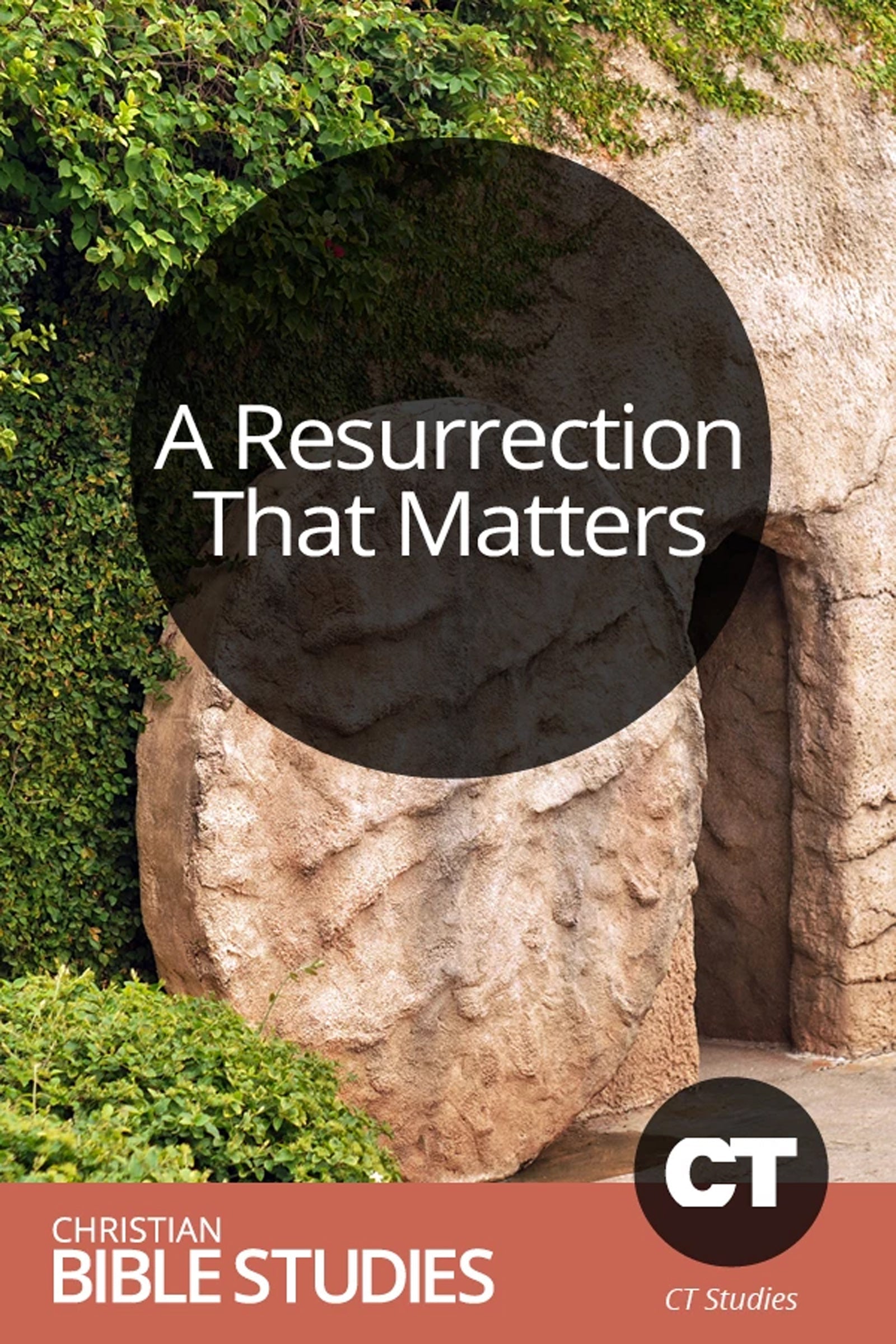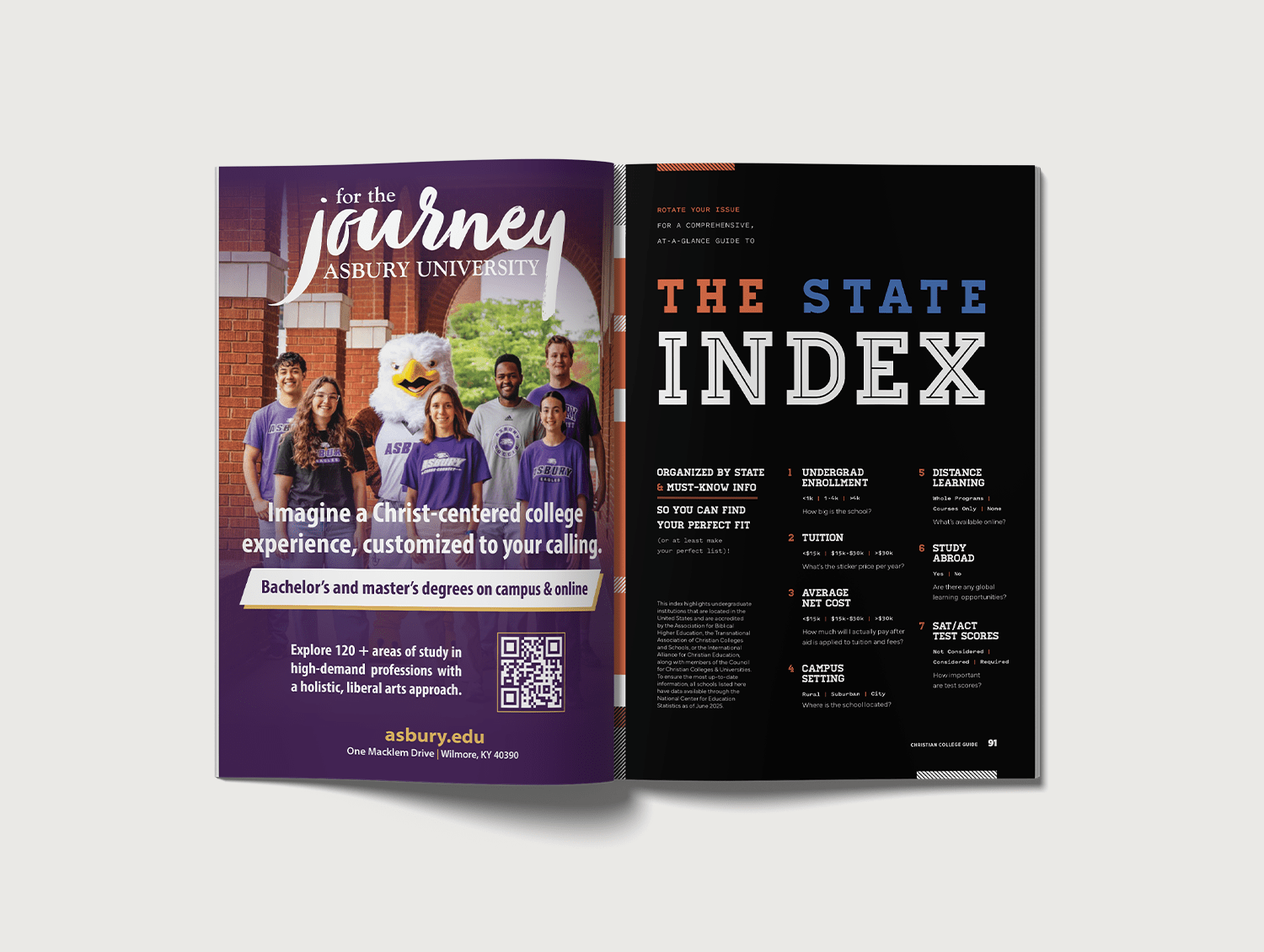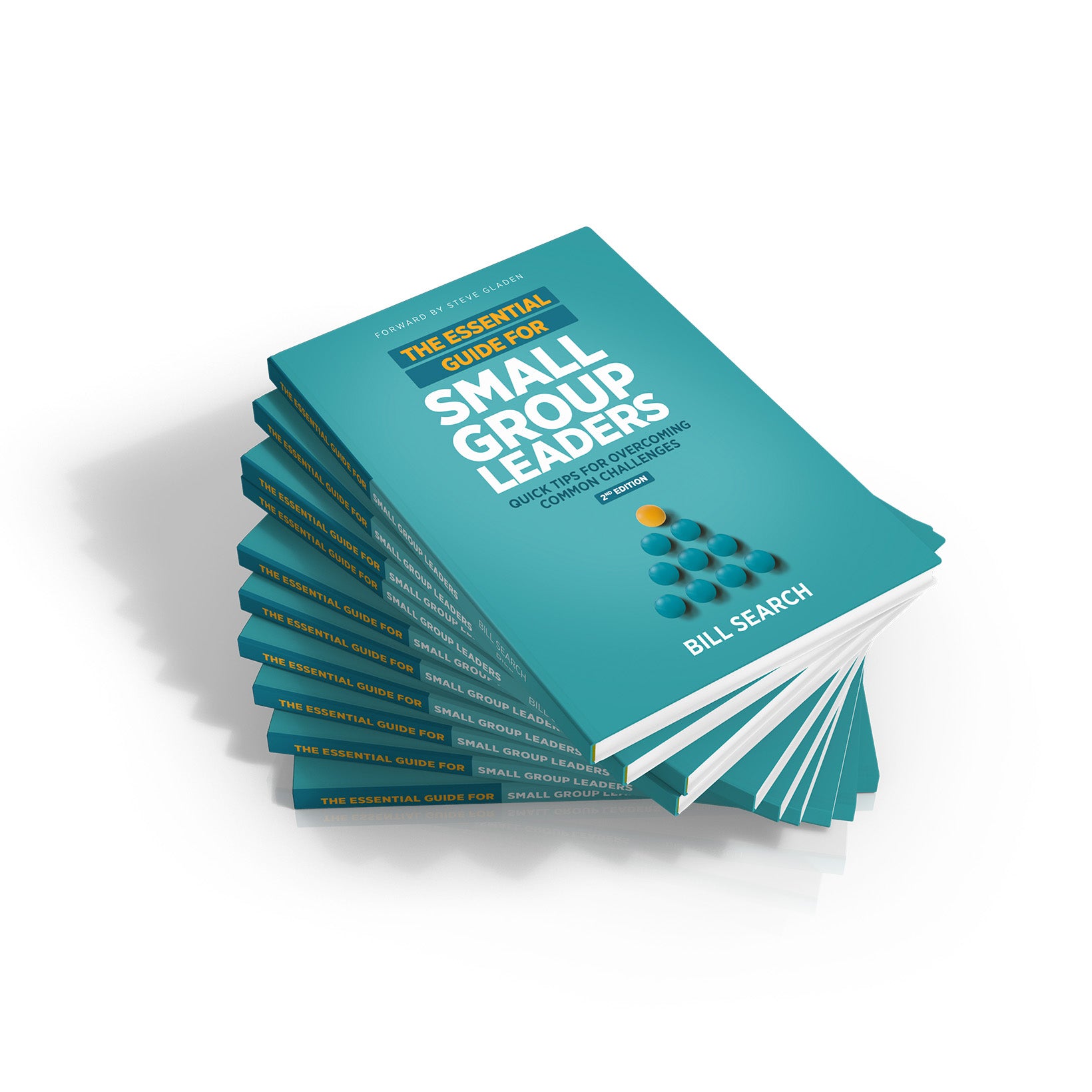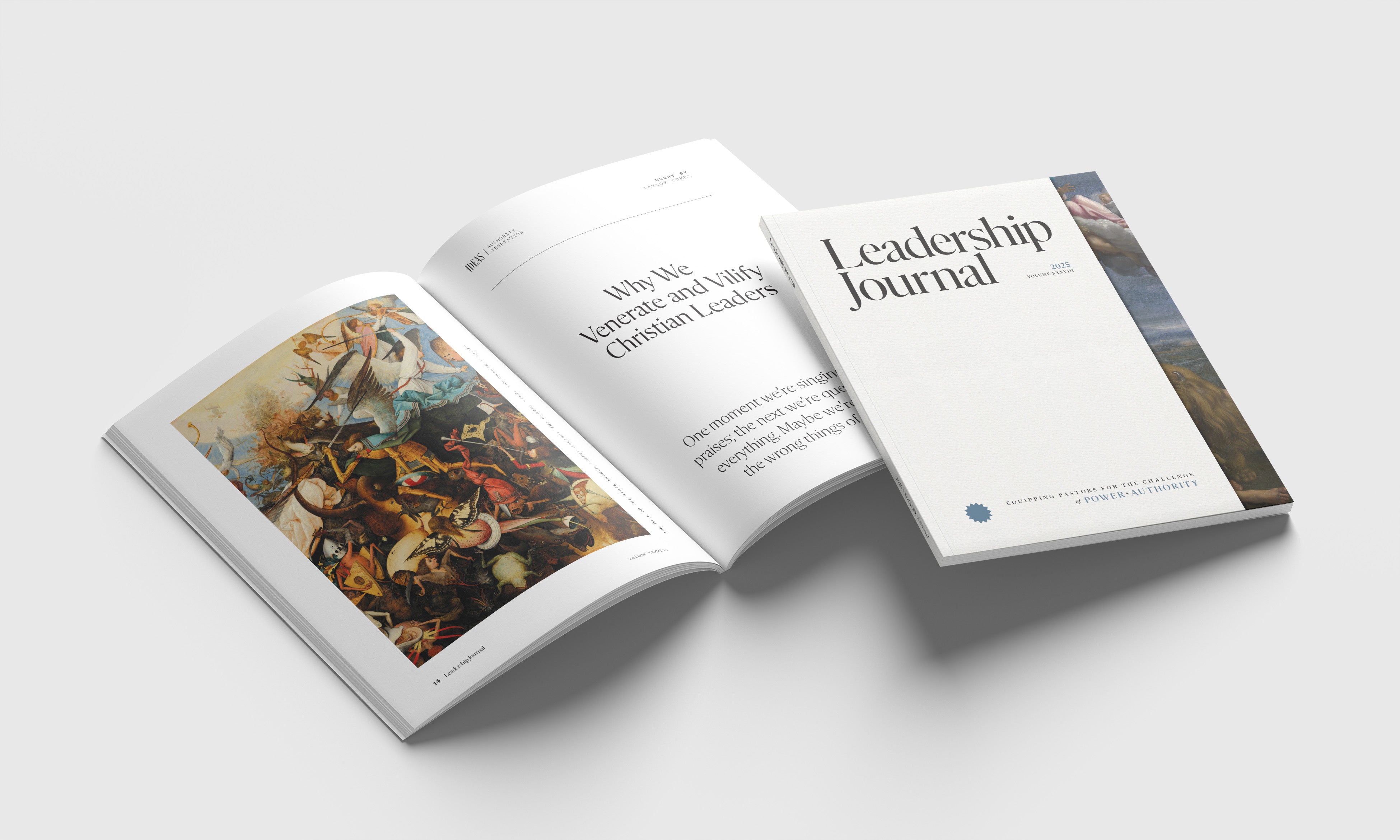"Patience is a virtue." We're all familiar with that cliché, and many of us know that patience is listed by Paul in Galatians 5:22-23 as among the fruit of the Spirit. So there's no disputing that the Christian ought to be patient. But as with most of the virtues, the biblical writers assume that we know what patience is and don't give an explicit definition. But do we?
Could you define patience if you were asked? And, to make things more tricky, could you do so without simply citing examples of patience? Starting with the basic definition of patience as "waiting without complaint," we will address some key questions. Why is patience a virtue? What are the different varieties of patience? Why is patience so difficult at times? And how is patience developed?
Why Patience Is a Virtue
When defined as "waiting without complaint," patience might seem to be a morally insignificant trait. What's so virtuous about not complaining? In itself, not complaining carries no particular virtue. Suppose a person awaits the arrival of a friend from out of town, and she spends the time happily reading or watching television. We wouldn't say that, simply because she's not complaining, she exhibits patience in this case. Something else must be required to make one's lack of complaint virtuous. That something is discomfort. It's because a circumstance is uncomfortable for someone that we find her refusal to complain remarkable and thus regard her as patient.
So to improve the initial definition above, to be patient is to endure discomfort without complaint. This calls into play some other virtues, specifically, self-control, humility, and generosity. That is, patience is not a fundamental virtue so much as a complex of other virtues.
An example from the life of Christ illustrates this. Jesus was very patient with his disciples. They were sometimes thickheaded, lazy, selfish, and slow to believe. Even from a merely human standpoint, we can see how frustrating they must have been. How much more irritating it would be for God Incarnate to interact daily with these men. In spite of Jesus' miracles and words of wisdom, they were focused upon themselves and wavered in their belief about who he really was. To say that was uncomfortable for Jesus would be an understatement. Yet do we find him railing at his disciples over their foolishness and stupidity? Or making fun of them when they make mistakes?
Occasionally he does remark that his disciples are slow to believe, or he asks rhetorically how long they will fail to have faith in him, but these are always appropriate reminders about just what was at stake for them. These were fitting and useful rebukes, not petty venting.
Notice that Jesus' refusal to complain about his irritating disciples can be described as an exercise of self-control. Surely he would have been justified in blistering them with insults. It's worth noting that his omniscience guaranteed that every possible joke and embarrassing remark was at his disposal on any particular occasion. This makes his self-control even more admirable.
His refusal to complain also involves humility, the conscious decision to lower himself by not exercising his right, as the holy man he was, to judge and dismiss his friends because of their faults. We might even say this is a form of mercy.
Finally, Jesus' refusal to complain about his disciples is generous. In spite of their vice and thick-headedness, he remained no less committed to them and served them increasingly as their failures became more outstanding.
While the patience of Christ is exceptional in many respects, the basic features of this virtue are surely the same wherever it appears. Patience involves such things as self-control, humility, and generosity, all of which are themselves virtues. So one might say that patience is a virtue because it's an exercise of several other virtues.
The Varieties of Patience
What are the different contexts in which patience is demonstrated? One way to distinguish types of patience is based upon the nature of the discomfort involved. The following threefold distinction can be made.
The first type is the patience needed when facing a nuisance of some kind. A person or a set of circumstances really irritates you, and you'd love to complain about it, but you hold your tongue, knowing that such a grievance would be petty or simply compound the problem. That person at the office who is so insufferably annoying doesn't, after all, mean to pester you. And what good will it do to moan about those potholes on your street? So you quietly endure these things. Did you know you were being virtuous in doing so?
A second type of patience is called for when facing boredom. Those who fall into a rut at work or at home often experience discomfort over the uneventful routine. To those who don't struggle with boredom, it might seem absurd to suggest it can be a serious trial. But those who endure the plague of drab routine without complaint exhibit the virtue of patience.
A third type of patience is the most serious and significant. It is the patience required when one suffers in some way, either physically or psychologically. If you're struggling with some disease or mental illness, then patience is required of you. Or if you must assist someone else who suffers, a family member or friend, then you are called upon to be patient. Whether you bear the burden of affliction directly or indirectly, your challenge is to endure that discomfort. This doesn't mean you shouldn't cry out in your distress. Scripture, in fact, advises us to do just that, so it's appropriate because the degree of discomfort in some situations warrants complaint. But this raises some important questions: What is a complaint? And which complaints are worthy?
Is It Ever Okay to Complain?
To complain is to make known one's irritation or frustration about some matter. This doesn't necessarily imply that we should say anything out loud. Usually we complain by speaking directly about the circumstance that bothers us. But we also complain in nonverbal ways, with a sigh, a huff, a shake of the head, or a roll of the eyes. Many of us are quite expert at communicating our irritation in subtle ways to those closest to us, through means that most people wouldn't recognize as complaining. But our target complainee (the person we complain to) gets the message, and that's all that matters.
Which complaints, then, are worthy? Certainly it's legitimate to raise objections about conditions that are clearly unjust or impractical and need to be changed. But grumbling over things that are merely annoying or against one's personal wishes is petty. And complaining about things that cannot be changed doesn't qualify as a legitimate protest. So a worthy complaint is one that is neither petty nor pointless.
Complaint to God is inappropriate only when its cause is insignificant. Major physical and psychological afflictions are significant, so patiently enduring them may actually involve complaint. Thus, complaining to God in prayer in such cases is not vicious but virtuous. It is a useful complaint to someone who is sovereign and therefore in control of whatever concerns us. The Psalms feature several examples of godly complaints, such as the following:
Why, O lord, do you stand far off?
Why do you hide yourself in times of trouble?
—Psalm 10:1
Why do you hide your face
and forget our misery and oppression?
—Psalm 44:24
I pour out my complaint before him;
before him I tell my trouble.
—Psalm 142:2
And in one of the darkest of biblical passages, the psalmist declares,
From my youth I have been afflicted and close to death;
I have suffered your terrors and am in despair.
Your wrath has swept over me;
your terrors have destroyed me. …
You have taken my companions and loved ones from me;
the darkness is my closest friend.
—Psalm 88:15-18
This is, indeed, a complaint, but the severity of the suffering calls for it. Most importantly, God is the recipient of the complaint. So this is actually an act of faith on the part of the psalmist, affirming divine sovereignty even over his terrible pain.
Patience with People and God
This point suggests yet another way to categorize patience, one premised upon the biblical idea that God continually sustains the whole universe. God governs every occurrence in nature, so even "natural" events, as it turns out, have a personal explanation—namely God himself. This means that all patience or impatience is ultimately patience or impatience with someone.
Therefore, two categories of patience can be distinguish based upon the person (or persons) with whom we must be patient. Sometimes patience is human-directed. Waiting your turn in line or in traffic certainly demands patience. Waiting for a teenager to mature can require an extraordinary amount of patience. In any case, whether a stranger is in your way, your coworker is pestering you, or your teenager is going through a period of acute self-righteousness, you must endure discomfort because of other people.
But even more challenging at times is the patience that is God-directed. In every Christian's life there comes a time when one must wait upon God. Sometimes we must wait for a need to be met, such as finding a job. Other times we must wait for the satisfaction of a significant desire, like finding a spouse or conceiving a child. At other times we wait for God to fulfill a promise, to comfort during a trial, or to give us assurance of our forgiveness for some sin. In these cases, we must be patient with God.
Why Patience Is So Difficult
From a personal standpoint, I don't know which is more difficult—exercising patience with God or other human beings. Both can be tremendous challenges, and none of us have perfected the art of being patient with each other or with God. I, in fact, become impatient with myself (a potential third category worth considering) because I struggle in being patient with other people and with God.
But patience is difficult in both cases. First, why is patience with other people so difficult? A natural response is, "All human beings are sinners and therefore selfish and annoying." But a psychological explanation also helps to explain why patience is so challenging. It concerns what philosophers call the "egocentric predicament," which is the natural human condition of being immediately aware only of one's own thoughts and feelings.
When standing in line or waiting in traffic, for example, all the people who are waiting are equally as worthy to get what they wait for or to arrive at their destinations. I know, however, only my own thoughts and am intimately aware of only my own needs, which naturally incline me to put myself first. The result is frustration that I'm not first, and this strongly tempts me to be impatient.
A second reason why patience is such a challenge is that none of us struggle with precisely the same temptations as do other people. Nor are our particular strengths and weaknesses the same as those of others. One person is even-tempered and can't understand why her friend flies off the handle at times. But the person with the bad temper cannot understand how her even-keeled friend can be habitually late to meetings. And both of them get annoyed at a third friend's tendency to overeat.
This is, of course, another aspect of the egocentric predicament. None of these friends knows what it's like to have the others' peculiar weaknesses. Nor does each comprehend how much effort the others are exerting in order to be as moral as they are, for it's not immediately apparent how hard the others work to control themselves. The result, again, is the temptation to become impatient with them.
Why is patience toward God so difficult? The explanation boils down to, again, our tendency to see things only from our own point of view. Further reasons compound the difficulty of waiting upon God. For one thing, patience with God involves faith, and to exercise faith is to surrender final control of one's life. To lack faith is to give in to one's desire for control. So our patience with God will only be as strong as our ability to overcome this desire and surrender every aspect of our lives.
Patience with God is a challenge, too, because sometimes it's not at all clear whether it is God we're waiting for or whether we should even wait on him at all. The unemployed person may wonder, "Have I waited too long rather than taking more action?" The person desiring a spouse might second-guess herself, "Have I taken the right social steps?" And the childless couple might wonder, "Should we pursue clinical help in order to conceive?" Sometimes it's simply unclear whether God wants us to wait or take another course of action.
Finally, and most difficult of all, there's no guarantee that God will, indeed, act to satisfy our desires. Most situations that demand patience aren't in regard to specific promises of God. Although he has told us he will meet all our needs, he hasn't guaranteed that all of our desires, even significant ones, will be satisfied. Here, someone might note the biblical promise that if you "delight yourself in the Lord … he will give you the desires of your heart" (Ps. 37:4). This, however, is not a promise that all of our present desires will be fulfilled the way we want them to be. Sometimes they are, but often God keeps this promise by adjusting our desires to bring them into line with his will. If this is disappointing, keep in mind that even if God does change our desires, they are still our sincere desires!
How Patience Is Developed
It's been said that nothing teaches like experience. To some degree this is true of the virtues. Pain and suffering teach us endurance and empathy. The experience of mercy and forgiveness inclines us to be more merciful and forgiving. We gain moral maturity each day precisely because each day brings some difficulty that we must overcome. Like it or not, we persevere, and we are morally the better for it. This is why James tells us to "consider it pure joy … whenever you face trials of many kinds, because you know that the testing of your faith develops perseverance. Perseverance must finish its work so that you may be mature and complete, not lacking anything" (James 1:2-4). The Stoic philosopher Seneca echoed this theme, noting the moral value of adversity:
Pampered bodies grow sluggish through sloth; not work but movement and their own weight exhausts them. Prosperity unbruised cannot endure a single blow, but a man who has been at a constant feud with misfortunes acquires skin calloused by suffering; he yields to no evil and even if he stumbles carries the fight on upon his knee.
Misfortunes are designed to build virtue in us, and among the virtues gained through difficulty is patience. That family member or work associate who annoys you is God's gift to you to build your patience. If you're stuck with a job you don't like, and you can't find any other work, then God is building your patience. Each nuisance, long wait, and affliction, every mosquito bite, traffic jam, and body ache in the life of the Christian raises her threshold of tolerance ever so much. Even tedious sermons and difficult reading (perhaps including what you are enduring right now!) can make you a more patient person.
So through the daily grind, the Christian grows morally, improving in virtue through various experiences that she might not even consider morally relevant, much less significant. But we who affirm the sovereignty of God shouldn't be surprised by this moral growth through even incidentals, for we believe God is always at work in the details, moving always to bring us into closer conformity to his image (cf. Rom. 8:28).
That's not to suggest, however, that we can't slow the process of growth by our response to our daily difficulties. Indeed, a bitter or resentful spirit can stunt moral growth. So we must be attentive and pray for the proper attitude toward all our trials, whether petty or profound, and the Holy Spirit will maximize the positive effect of those occasions on our moral-spiritual growth.
In addition to life experience and the sort of unplanned training that daily living provides in our sanctification, we can do things to accelerate the process of growth in patience (and in virtue generally). We can take steps of moral self-help. One of these is behavior therapy, a practice once popular among Christians but today virtually forgotten. It involves the intentional affliction of oneself with an annoying or tedious task expressly for the purpose of developing patience. I learned of several such exercises in a book from the 1930s called Strength of Will and How to Develop It. The author, E. Boyd Barrett, prescribes such tasks as the following:
- Scatter 50 coins on the floor. Then quietly and slowly pick them up and place them in a pile. The author suggests doing this once per day for several days, increasing the number of coins as you go.
- Take a book of at least 150 pages and turn the pages one by one quietly and slowly, making a pencil mark on each page as you go.
- Beginning with the number one, count out loud slowly and distinctly for 10 minutes.
Sound ridiculously pointless? That's the point. Such activities test your patience and, thus, build it. Just as weightlifting and jogging accomplish nothing external to one's own body but help the body itself, these exercises accomplish nothing outside one's mind, but help the mind itself. They are forms of mental discipline.
If you are seeking exercises of practical value, consider building patience through activities such as meditation, study, and prayer. As you study and meditate on Scripture, you not only store valuable knowledge, you practice patience. Prayer, too, which the Bible says avails much for the righteous, requires and builds patience. So such spiritual disciplines as meditation, study, and prayer also double as behavior therapy.
Cognitive therapy is another important aspect of moral development. As a person matures in virtue, she must have a clear moral ideal at which to aim. Here, the Christian enjoys the ultimate advantage, as we have the example of God Incarnate, the living blueprint of virtue displayed before us in the pages of Scripture. As noted before, many aspects of the life and experience of Jesus provide a profile in patience.
Recalling the varieties of patience noted earlier lends a better understanding of the patience of Jesus. First, he endured nuisance and annoyance from his disciples. No doubt Jesus' patience with them was partly attributable to his empathetic understanding of their weaknesses. In To Kill a Mockingbird, Atticus Finch remarks, "You never really know a man until you stand in his shoes and walk around in them." Jesus did know everyone perfectly, completely understanding each person's perspective. Knowing what it was like to be the disciples, as Jesus did, would certainly contribute to his remarkable patience. The lesson for us is that we should strive to imagine what it's like to be certain people, what it's like to walk around in their shoes. This will make us more patient.
Secondly, Jesus withstood boredom. Although this is somewhat speculative, I think it's fair to assume that it was tiresome for Jesus to work as a carpenter for many years before beginning his formal messianic ministry. For over a decade the Son of God pounded nails into wood. Think about that if you feel overqualified for your job. The waiting might have been the hardest part, knowing his own mission as the Messiah but not being able to declare his identity openly for so many years.
Thirdly, and more obviously, Jesus exhibited patience through severe affliction. He suffered intensely during the passion, which we appropriately focus upon because it purchased our redemption. Countless other less dramatic and yet severe frustrations surely dogged him. Jesus knew, for example, that given his messianic mission, he couldn't get married and have children. But this doesn't mean he didn't desire these things. Perhaps Jesus was romantically attracted to some women but refused to act on his feelings. As Scripture says, he suffered as all men suffer, and unfulfilled romantic affection is certainly a form of suffering. It would be but one more painful resisting of temptation that Jesus faced in a lifetime of trials.
Finally, Jesus exhibited patience with his heavenly Father as he waited for and worked toward the completion of his mission. Note that, like the psalmist, Jesus cried out in agony, offering his righteous complaints and pleas to God, even quoting Scripture in the process. This was not impatience but a heading off of the temptation to be impatient by taking his complaint directly to God the Father.
So patience is a virtue, a difficult but important one for the Christian. While every day our patience is tested and, we can hope, increased, we must be mindful of the process of sanctification and how God is at work in our difficulties, even in tiny annoyances, to make us more like Jesus. But as Peter says, we must "prepare [our] minds for action" (1 Peter 1:13). We must be intentional about increasing our patience, perhaps even by using mental exercises, but definitely by practicing the spiritual disciplines. Let us focus ever more clearly on the example of Christ in order to imitate him in all things, large and small.
—Adapted from How to Be Good in a World Gone Bad by James S. Spiegel © 2004. Published by Kregel Publications, Grand Rapids, MI. Used by permission of the publisher. All rights reserved.





